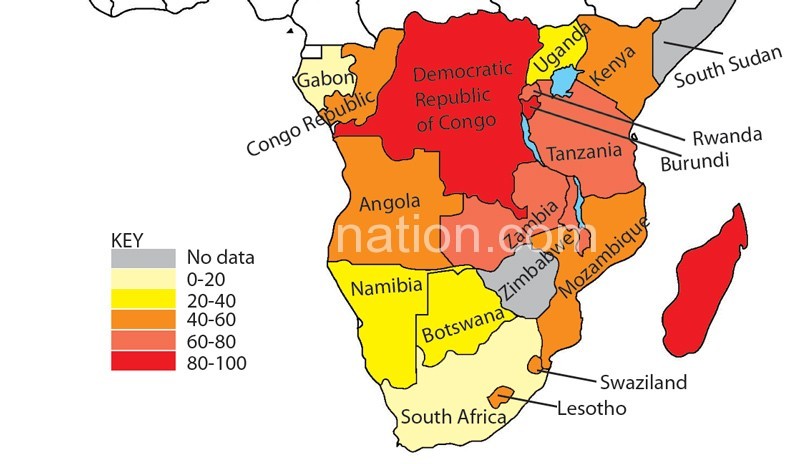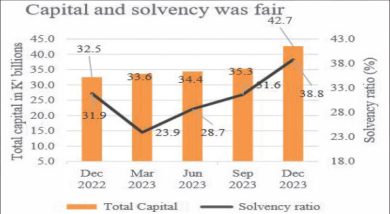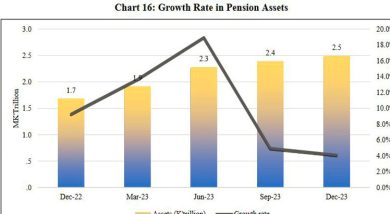Poor salaries blamed on Malawi poverty
Poor salaries, with a few receiving more and more receiving less, have been blamed for Malawi’s high number of the poor—people that cannot access basic needs, including food and shelter.
Centre for Social Concern (CfSC), a Lilongwe-based faith organisation, has said more people in Malawi cannot afford to meet their basic needs.

CfSC has since called upon the implementation of a living wage, a salary which would ensure that employees meet their basic needs, in contrast to the minimum wage, which stands at K551 per day, or K15 000 (US$33) per month.
CfSC economic governance programme officer Mathias Kafunda, in an interview yesterday, noted that at the current minimum wage, employees cannot afford to meet their basic needs.
According to CfSC Basic Needs Basket, on average, an urban household of six would require K115 000 (US$256) a month to meet their basic needs, including food and non-food items.
Kafunda noted that Malawi has all the resources to ensure that everyone meets their basic needs.
“In the country, top paid employees receive over 160 times more than the least paid employees while our tax regime is not progressive enough to ensure income redistribution,” he said.
But Employers Consultative Association of Malawi (Ecama) executive director BeyaniMunthali yesterday said it was not realistic to implement a living wage because of the low productivity of companies in the country.
“Implementing a living wage would push most employers out of business because they would not be able to pay their employees. What we need to do is to improve on the business environment so that the industry becomes more productive and pays better salaries,” he said.
He added that while the minimum wage is subject to review, it protects unskilled labour.
But CfSC has noted that government, the largest employer, should set a good example and ensure that it pays its employees salaries that would enable them to meet their basic needs.
While government is struggling to implement the current budget due to aid freeze, Treasury spokesperson Nations Msowoya could not be reached yesterday to comment on whether a salary raise would be possible.
According to World Bank data, in 2010, in Malawi, extremely poor people—people living below the $1.25 poverty line—improved to 61.64 percent while in neighbouring Zambia and Mozambique the ratio stood at 74.45 percent and 59.58 percent.
According to the 2014 Human Development Report, Malawi ranked 174 out of 185 countries, an indication that the country is one of the poorest in the world.





